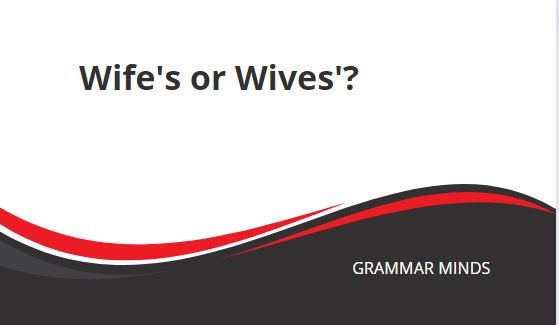The term monkey’s is the singular possessive form of monkey. E.g., The monkey’s tail helps it balance while climbing.” Furthermore, monkeys’ is the plural possessive form. For instance, “The zookeepers observed the monkeys’ behavior closely.” Lastly, monkeys is the plural form of monkey.

The following table highlights the three different forms of the word monkey. The word monkey is regular, and you form the plural by adding “s”
| Form | Example |
| Singular | Monkey |
| Plural | Monkeys |
| Singular possessive | Monkey’s |
| Plural possessive | Monkeys’ |
The following examples highlight the different meanings and show the three forms in context:
Singular: The monkey is swinging from tree to tree.
Plural: Several monkeys were chattering loudly in the jungle.
Singular possessive: A monkey’s habitat varies depending on the species.
Plural possessive: The zookeepers ensured the monkeys’ enclosures were enriched with climbing structures.
Monkies is wrong you should avoid using it
Please keep reading the rest of of the article to learn more about using the different forms of the word monkey correctly.
We have given some great example sentences.
Monkey’s
The word monkey’s is the singular possessive form of the word monkey. Therefore, you use it to indicate that something belongs to a single monkey.
You may use the term monkey’s to refer to the characteristics or features of a specific monkey.
- The monkey’s playful nature impressed the visitors at the sanctuary.
- The researcher studied the monkey’s vocalizations to understand its communication patterns.
- The zookeeper monitored the monkey’s diet to ensure it received proper nutrition.
Alternatively, the word monkey can refer to a mischievous or playful person, especially a child.
- The little boy’s antics earned him the nickname “monkey” among his friends.
- She affectionately called her daughter “monkey” due to her energetic and curious nature.
- The teacher encouraged the students’ creativity by referring to them as her little monkeys.
Monkeys’
The term monkeys’ is the plural possessive form of monkey. That means you use it to mention that something belongs to various monkeys.
When referring to multiple monkeys or their collective possessions, you need to use monkeys’ rather than monkey’s because they are plural.
For example:
- The researchers tracked the monkeys’ movements using GPS.
- The villagers built fences to protect their crops from the monkeys’ raids.
- We listened to the monkeys’ calls echoing through the forest.
- The photographers captured the monkeys’ expressions on camera.
- The park ranger warned visitors about the monkeys’ territorial nature.
Monkeys
Monkeys is the plural form of monkey. Therefore, you use the term monkeys to refer to more than one monkey.
First of all, it can refer to the primate animals themselves, and this is the most common use.
- The monkeys in the forest exhibit a wide range of social behaviors.
- Tourists enjoyed watching the monkeys interact in their natural habitat.
- The primatologist studied various species of monkeys across different regions.
Secondly, it can refer to a group of mischievous or playful individuals, especially children.
- The daycare was filled with laughter as the ‘monkeys’ played together.
- The school playground echoed with the monkeys’ excited chatter during recess.
- Family gatherings often turned into joyful chaos with all the little ‘monkeys’ running around.
Lastly, the term monkeys can also refer to handheld devices used for manipulating or tightening nuts and bolts.
- Mechanics rely on monkeys to access tight spaces in machinery for repairs.
- The handyman always carried a set of monkeys in his toolbox for quick fixes.
- Engineers use specialized monkeys for assembling intricate electronic components.






